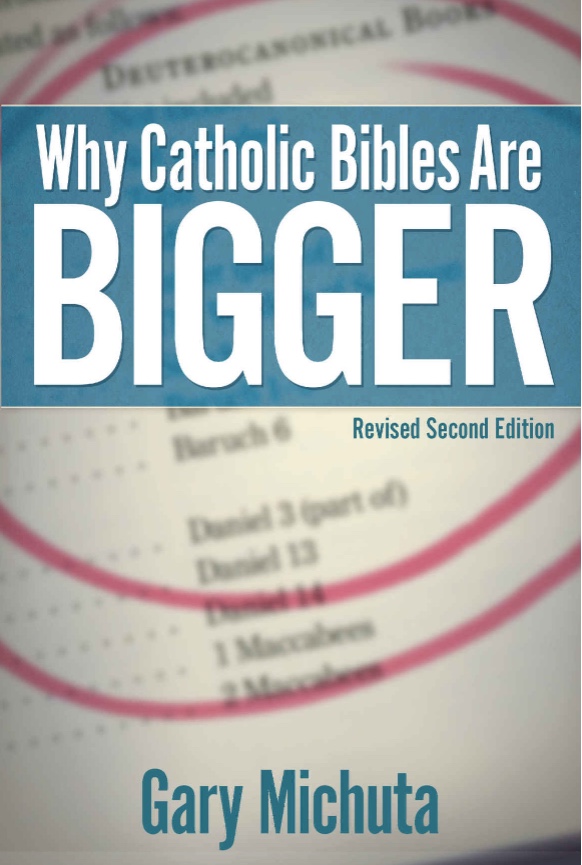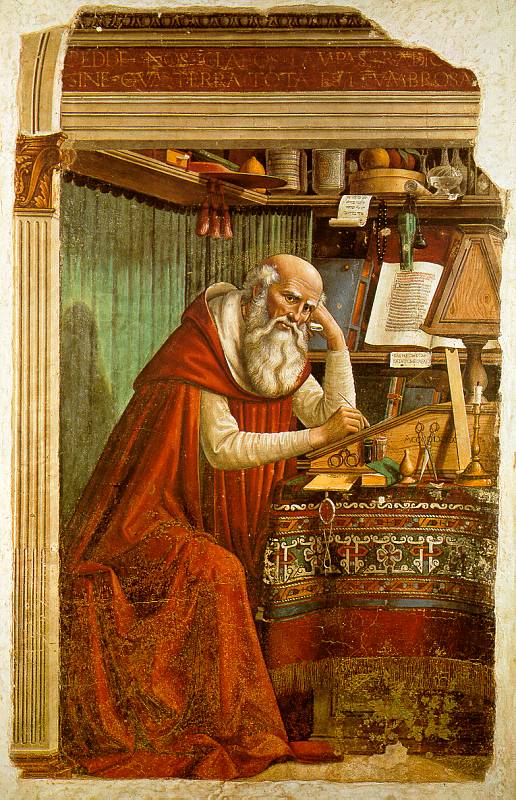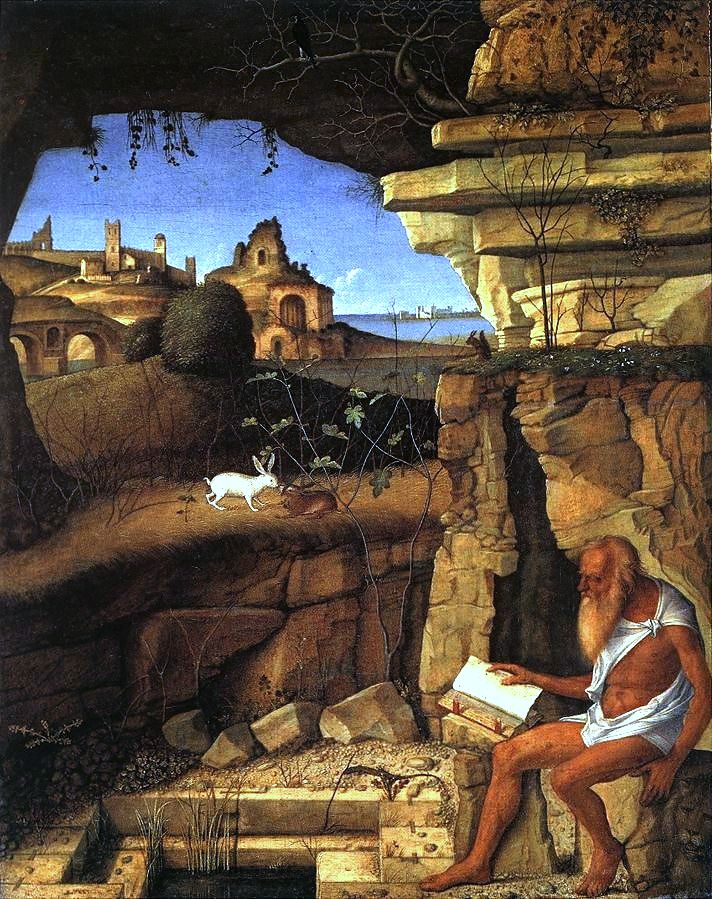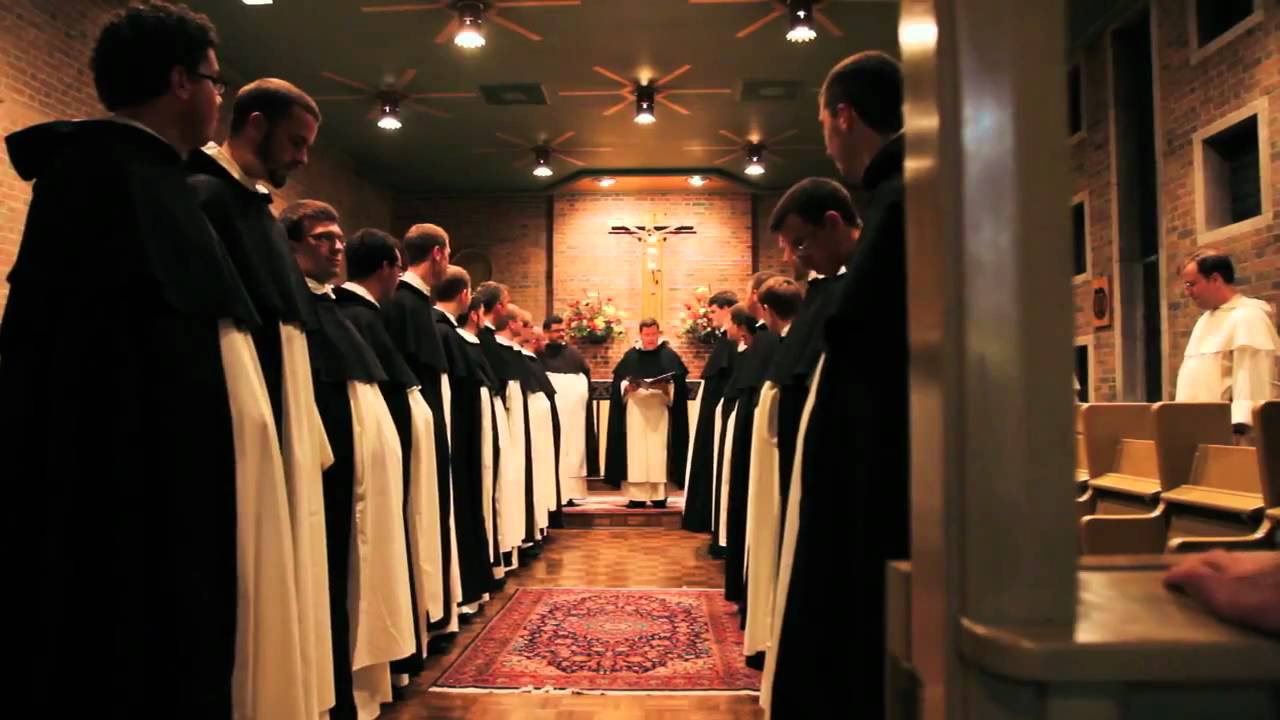“One evening I had the sad duty of attending my neighbor’s funeral.
My neighbors were not religious, but apparently a local “mega-church” offered to conduct the eulogy for them. The assistant pastor from the church stood up and after a few short remarks about the deceased began to give a lengthy sermon. The first ten minutes was dedicated to how he knew that my neighbor believed in Jesus and was in heaven, so there was no need to pray for her or offer Masses or anything like that.
The next thirty minutes or so (it’s difficult to tell since it seemed like eternity) was dedicated to explaining why it doesn’t matter which church one attends—Catholic, Presbyterian, Methodist, Episcopalian, Lutheran—they are all the same! None of them are more correct than any other. “We all believe in the same fundamental biblical truths about Jesus,” he said, “such as the need to put our faith in Jesus…” and so on.
Speaking at a funeral must not be an easy thing to do, so I walked up to the assistant pastor to thank him. After dispensing with niceties and explaining that I am a Catholic, I said to him: “Pastor, I just want to share with you a biblical verse that has always given me comfort in times like these, the book of Wisdom, chapter 3 says, ‘But the souls of the righteous are in the hand of God, and no torment will ever touch them. In the eyes of the foolish they seemed to have died, and their departure was thought to be an affliction and their going from us to be their destruction; but they are at peace.’”
The pastor gave me an odd look. “Book of Wisdom?” he said. “That’s not in the Bible!” To which I responded, “Well, I guess there are important differences between us.”
The assistant pastor seemed to be oblivious to the fact that Catholic and Orthodox bibles contain seven books in their Old Testament that Protestant bibles omit.
Catholics call these books the deuterocanon. Protestants, however, had rejected these books as inspired texts and call the Apocrypha.
Despite the assistant pastor’s best efforts to be non-denominational and dispel the importance of religious dogmas, he and his church actually held a very dogmatic view on which books belonged to the Bible. Going by the generic name of “Christian” didn’t release him from dogmatically committing himself to a particular doctrine on which books the Bible comprises. This position is undeniably important. Which collection or canon one adopts, whether Catholic or Protestant, will determine whether the first ten minutes of his sermon was “biblical” or a flight of fancy.
The question of which books belong to the Bible (especially the Old Testament, since Catholics and Protestant share the same New Testament books) is more fundamental of a question than anything in anyone’s theology, because theology is to be based upon divine revelation. What makes up God’s revelation, therefore, has a direct impact on one’s theology.
This is especially true for Protestants who believe in sola scriptura, which says that the Bible is the only source of Christian doctrine. It is, for nearly all Protestants, the norm that sets all norms and the standard that sets all standards: the highest court of appeal for judging all doctrine. But as we have painfully learned over the last few decades, those who are allowed to sit on the Supreme Court will affect how the court rules. This assistant pastor’s “Supreme Court” (i.e., the Bible) informed him that we should not pray for the dead, but Catholic and Orthodox bibles affirm that we should.
Each position is “biblical” given its respective Bible, but which Bible has the correct books? Which books are inspired by the Holy Spirit and which ones are mere human apocrypha? This question needs to be settled first.
How did Protestants and Catholics end up with two different Old Testaments?
Protestants claim that the Catholic Church added the seven books of the “Apocrypha” to the canon of Scripture in order to refute Protestantism. This is generally said to have occurred at the Fourth Session of the Council of Trent (April 8, 1546).
Catholics make the opposite claim; they claim that these same books were always considered inspired Scripture, but they were rejected by Protestantism because their teaching contradicts certain areas of Protestant theology.
Which is correct? Did the Catholic Church add books to the Old Testament or did Protestantism remove these books from the canon of Scripture?”
Love,
Matthew











